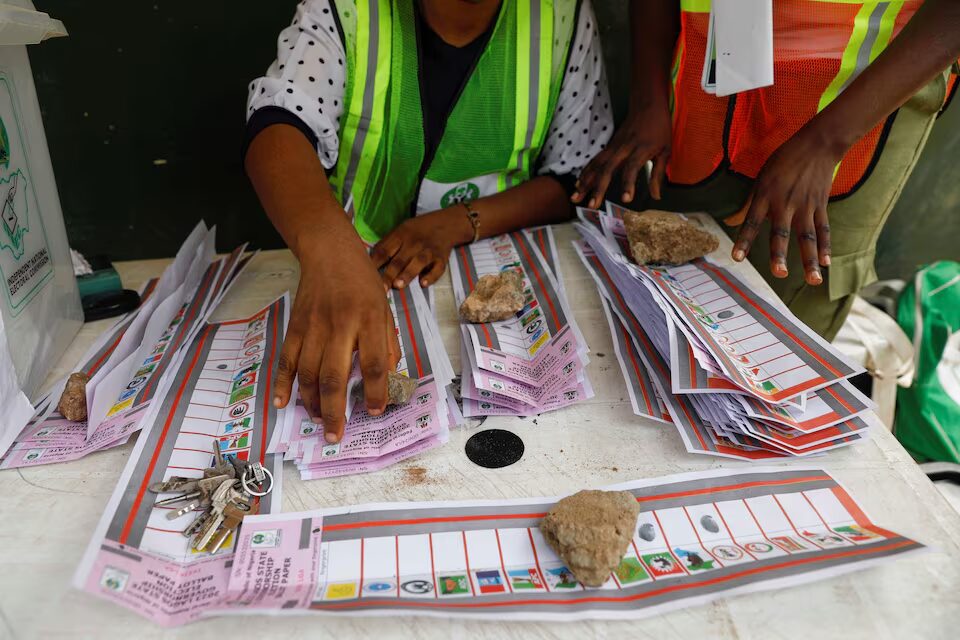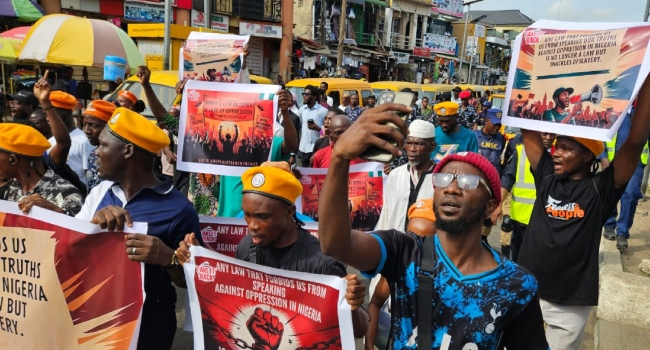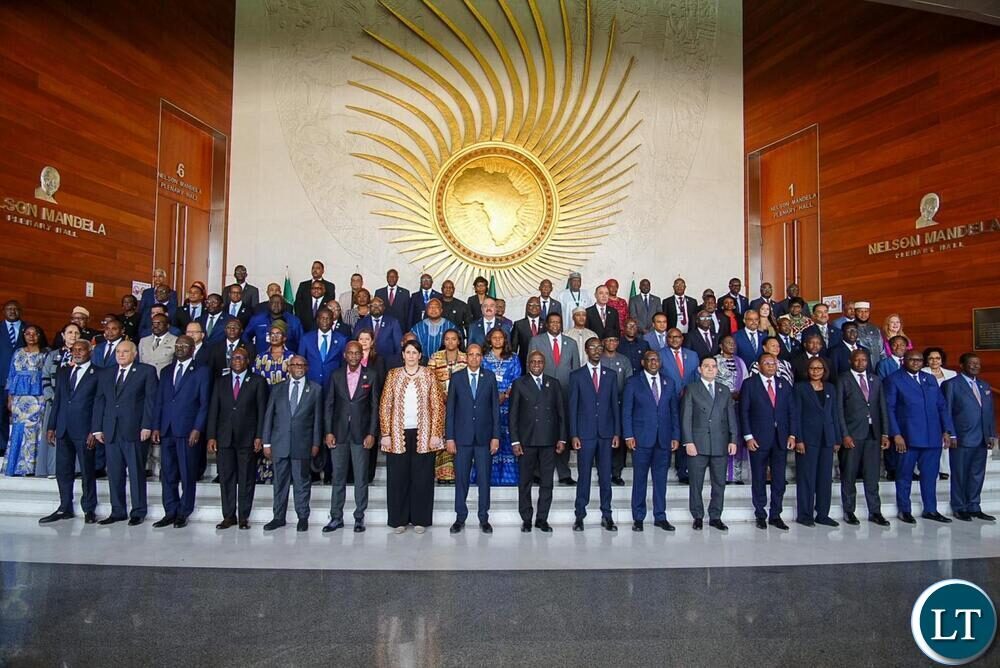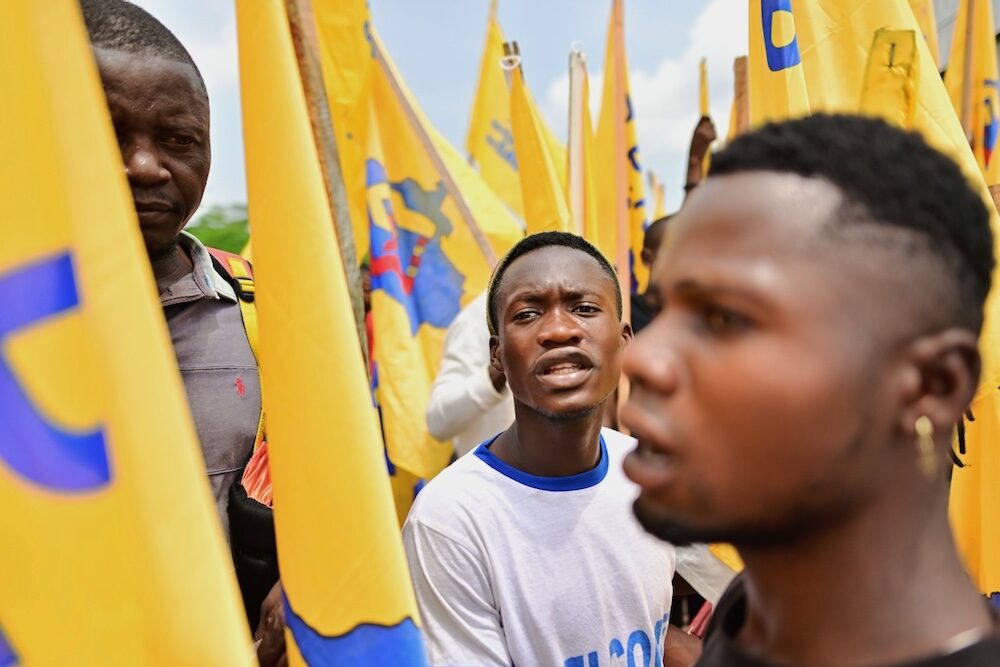
Wednesday 16th April 2025

Par inAfrika Reporter
Thousands of Nigerians marched through major cities on April 7 in defiance of government efforts to stop them, voicing their frustration with rising hardship and what they describe as authoritarian rule under President Bola Tinubu. Dubbed the “Take-It-Back” protests, the demonstrations were organized by a civic movement of the same name and took place in Lagos, Abuja, Port Harcourt, and other urban centers. Despite official warnings and a declaration from the police calling the protests “ill-conceived,” people turned out in large numbers, with youth leading chants against bad governance and economic suffering.
The protests coincided with Nigeria’s first-ever National Police Day, a timing that sparked controversy. Authorities accused the movement of trying to embarrass security forces, but the protesters pressed on. In Lagos, the atmosphere remained tense but peaceful. Port Harcourt saw more turbulence, as police attempted to disperse crowds with tear gas, resulting in injuries and chaos.
Protesters are calling for an end to the military-style emergency rule in Rivers State, the repeal of the controversial Cybercrime Act, and justice for past human rights abuses. They also want the government to act on the soaring cost of living, which has left many struggling to afford basic necessities. Movement leaders, including Juwon Sanyaolu, insisted the actions were peaceful and aimed at protecting Nigeria’s shrinking civic space, especially as critics of the government face increasing intimidation.
After the events, the presidency softened its tone slightly, recognizing citizens’ right to peaceful protest while urging dialogue over confrontation. Still, these demonstrations mark the largest wave of public outcry since the EndSARS movement in 2020 and mirror earlier protests from 2024 over inflation and fuel prices.
As Nigeria grapples with economic instability and social unrest, the spotlight is on how the Tinubu administration chooses to respond. Heavy-handed tactics could risk further instability and undermine confidence at home and abroad, while constructive engagement might offer a path forward. Either way, Nigeria’s handling of these protests will likely shape regional discourse on democracy and governance for months to come.


